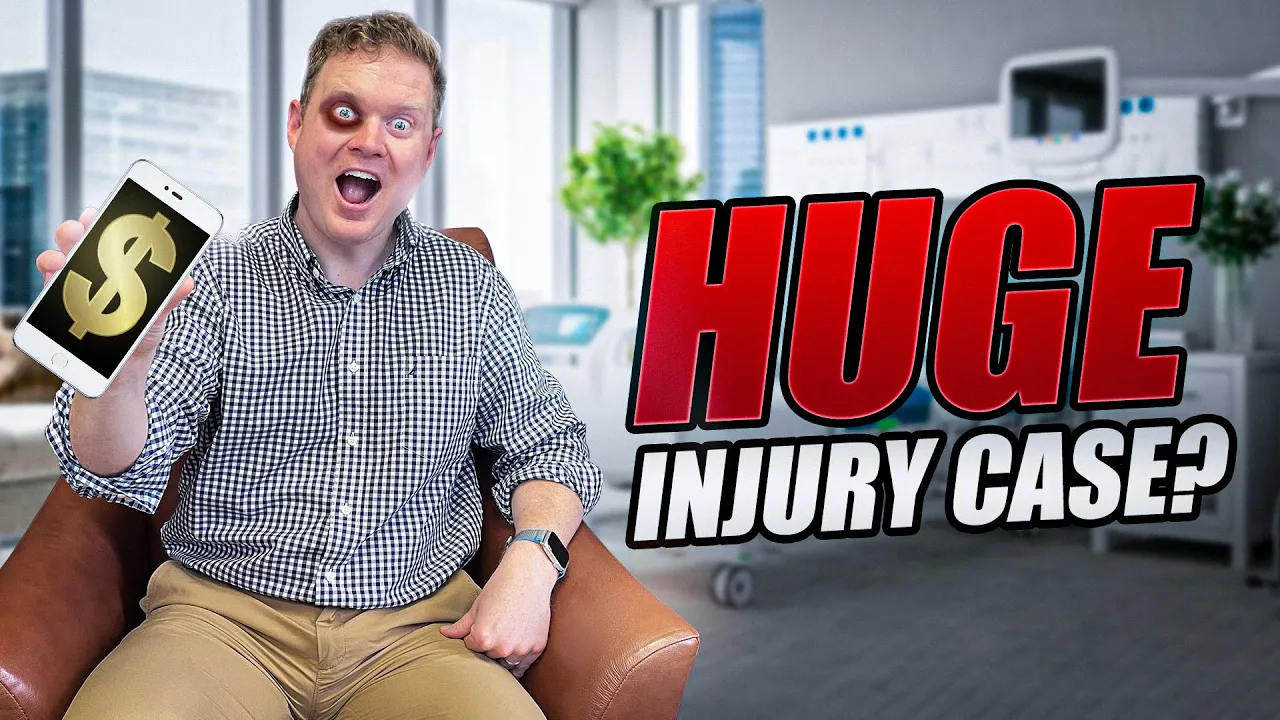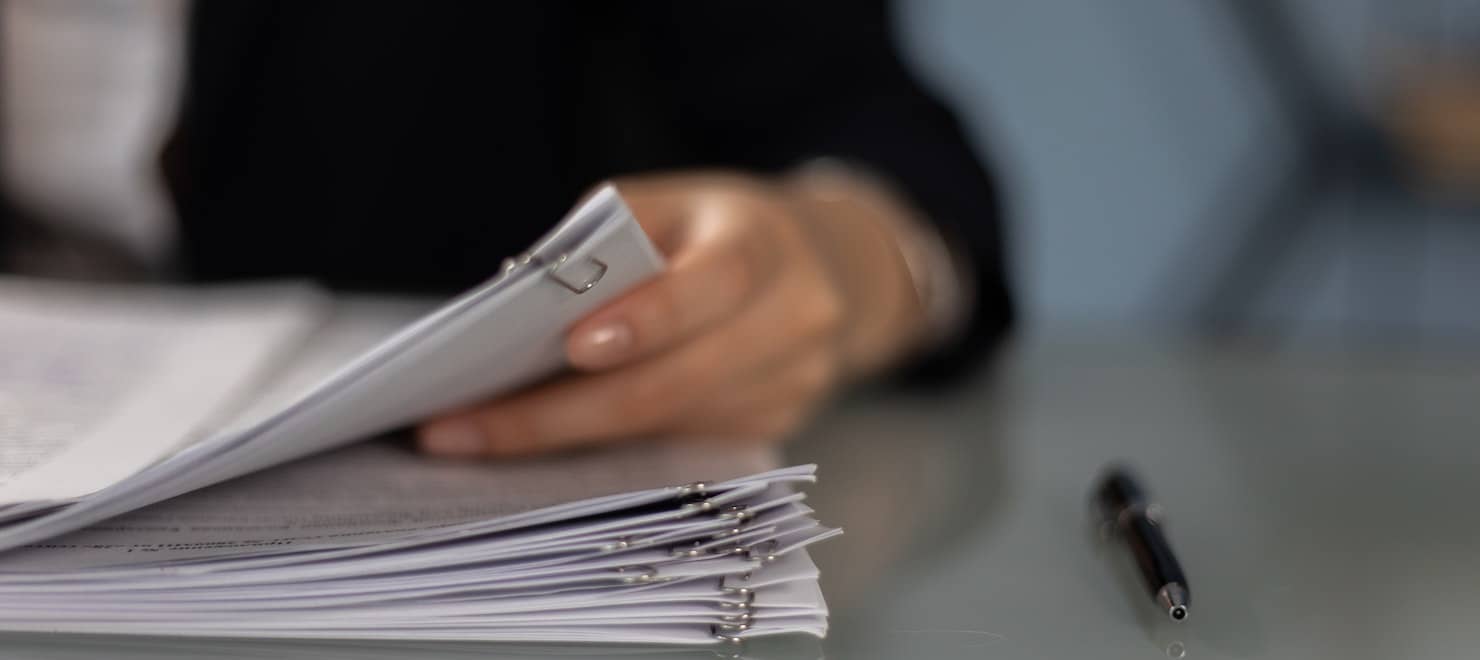Want A Significant Payout For Your Injury Case?
Every substantial injury case has three fundamental elements that, if absent, could seriously
compromise your claim. These three keys apply across all injury cases, from car accidents and
dog bite cases to slip, trip, and fall cases. The following are 3 crucial factors for a successful
injury claim.
1. Liability
The first component for a significant injury claim payout is the presence of liability against
another party. This requires proving that the party responsible for your injury acted negligently
or carelessly.
For instance, consider a scenario where another driver, preoccupied with texting, rear-ends
your vehicle at a traffic light. The negligence here is clear-cut, with the other driver liable for
the injuries they caused.
Dog bite or dog attack cases are another instance where establishing liability is often
straightforward. In Kentucky, where I practice, dog owners are strictly liable for any damages or
injuries caused by their pets. This responsibility stands even if the dog was leashed, and the
owner had no intention for the dog to attack.
However, proving liability can be a little more complicated in premises liability cases, such as
injuries sustained from slipping or tripping on a business premise. If you’re injured in a public
place like a grocery store, restaurant, or gas station, it’s crucial to document the incident,
including photographs of the accident scene, and report the matter to management.
2. Significant Damages
The second prerequisite for a major payout is substantial damages. Damages could take the
form of past and future medical bills, past and future pain and suffering, lost wages, and
impairment to your future earning capacity.
Typically, severe injuries or procedures such as surgeries lead to considerable medical bills,
which constitute significant damages. However, do remember that you can also claim future
damages, including anticipated medical bills or future pain and suffering.
The importance of relaying your past and future damages to the insurance company or
defendant in your case is vital. Ensure you make your insurance company aware of all your
suffering due to your injuries, from physical discomfort to the inability to enjoy hobbies or
routine activities. This can significantly enhance the value of your case.
3. Available Insurance or Assets
The third and final key to a large injury claim payout is the responsible party’s capacity to pay.
In other words, the at-fault party must either have ample insurance coverage or substantial
personal assets. If the at-fault party lacks substantial insurance coverage, it’s usually not worth
the effort to pursue their personal assets, as these individuals often don’t have significant
assets and cannot pay if you get a court judgment against them.
- Liability: Proving that another party is responsible for your injury is crucial. This requires demonstrating that the party acted negligently or carelessly, such as in car accidents where a distracted driver is at fault, or in dog bite cases where the dog owner is held liable regardless of intent.
- Documenting the Incident: In premises liability cases, such as slip and fall incidents in public places, it is essential to document the accident scene with photographs and report the incident to management to strengthen your claim.
- Significant Damages: To achieve a substantial payout, the injury must result in significant damages, including past and future medical bills, pain and suffering, lost wages, and impaired future earning capacity. Severe injuries or surgeries typically lead to considerable medical expenses.
- Relaying Damages: Effectively communicating your past and future damages to the insurance company or defendant is vital. This includes detailing physical discomfort, inability to enjoy hobbies, and routine activities, all of which can enhance the value of your case.
- Available Insurance or Assets: The at-fault party must have sufficient insurance coverage or substantial personal assets to ensure a sizeable payout. Pursuing compensation from large corporations or wealthy individuals may be worthwhile, but it’s often not practical to go after individuals with limited assets.
- Seek Professional Help Promptly: Avoid delays in seeking professional legal help after an accident. Timely consultation with a lawyer can significantly improve your chances of a successful case outcome.
However, if you have a claim against a large corporation or a wealthy individual, pursuing them
for compensation beyond any insurance they have may well be worth it, even though these
types of cases are relatively rare.
Remember, the three factors I’ve outlined—liability, significant damages, and available
assets—are essential for a sizeable injury case payout. Simply knowing these factors can help
you understand what needs to be present for a potential substantial payout. But it’s also crucial
to avoid making common mistakes when handling a personal injury claim to increase your
chances of a successful case.
Finally, if you’ve been injured in an accident in Kentucky, remember not to delay seeking
professional help. Remember to Don’t Wait, Call Tate.
Please note that this blog post is not legal advice. Always consult with a lawyer for guidance
tailored to your specific situation.








